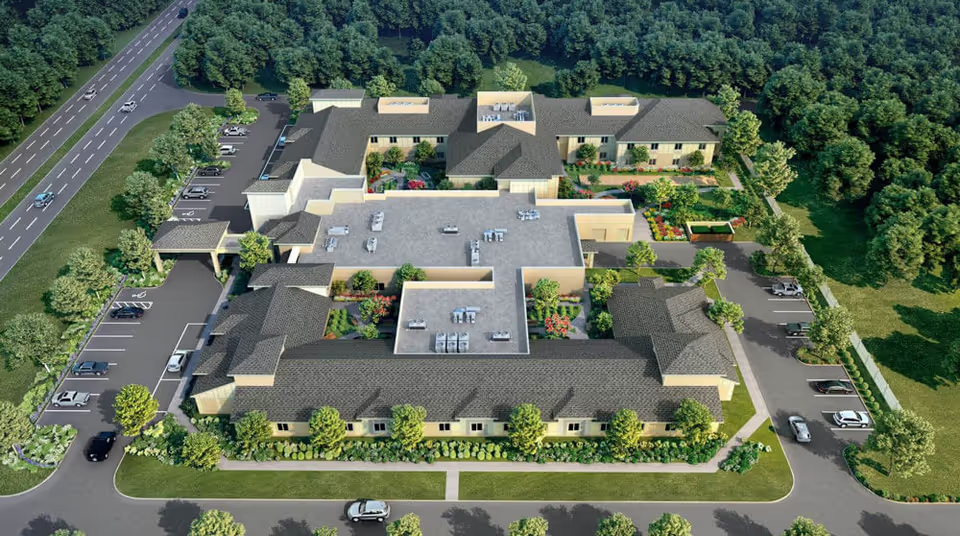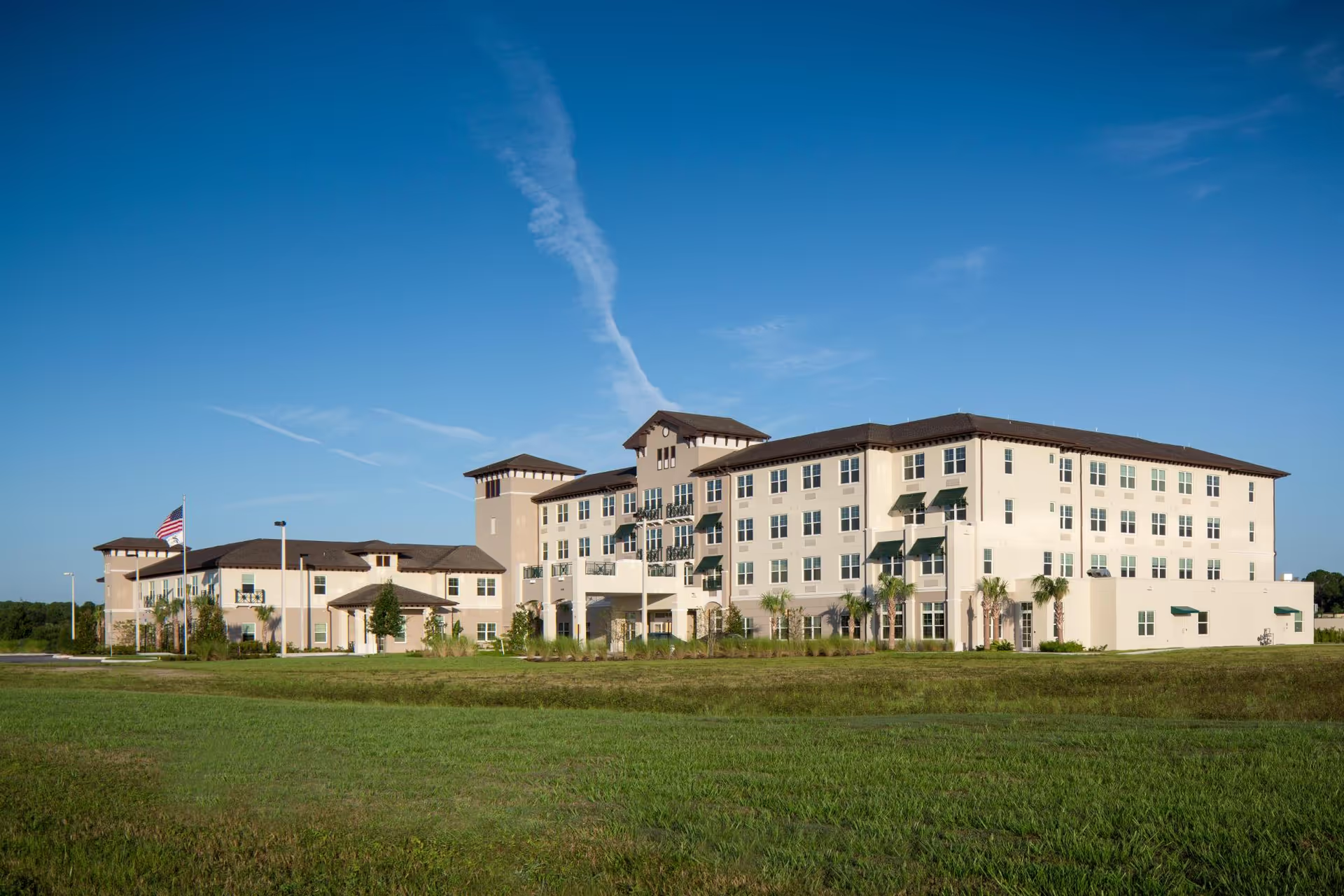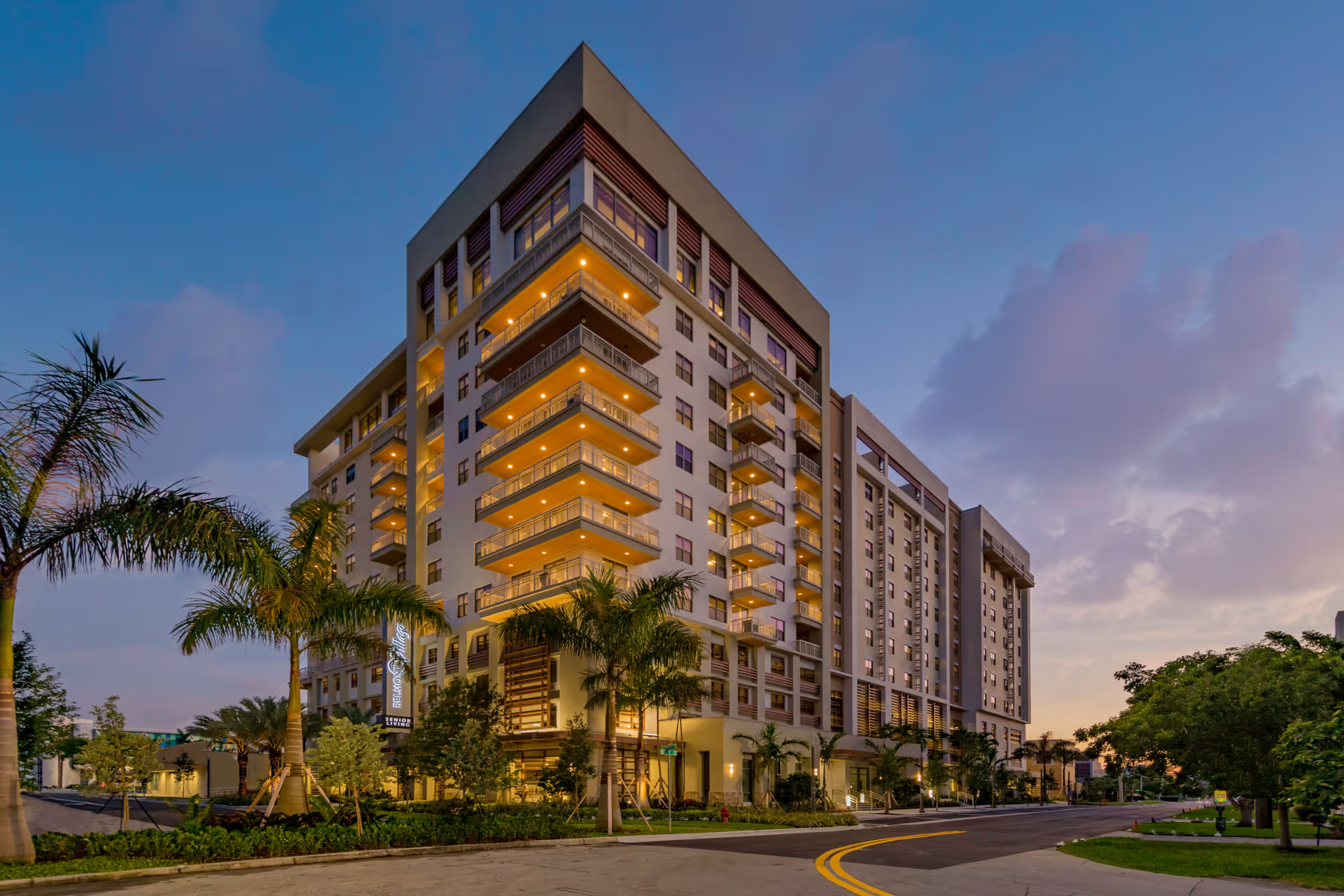Overall sentiment in the reviews for YOURLife of Tallahassee is mixed but leans positive for memory-care residents when care is delivered by the experienced, stable staff members described by many families. The most consistent strengths across the positive reviews are the community's beauty, cleanliness, and design — with frequent praise for a park-like, large courtyard, attractive gardens, and a bright, home-like atmosphere. Multiple reviewers called it the best or among the best memory-care communities in Tallahassee, citing a thoughtful layout that supports independence and safety for residents with dementia.
Staff quality is the dominant theme and shows a clear split in the feedback. Many reviewers repeatedly praise caring, attentive, and compassionate caregivers, nurses, and support staff; they note individualized, person-centered programming, staff who address residents by name, and an activities team that meaningfully engages residents (including pet therapy, music, walks, and storytelling). Several reviewers singled out specific staff and leaders (including an executive director and other named staff) as proactive, communicative, and effective problem-solvers. These accounts often highlight good medication/diabetes management, strong nursing practices, responsive leadership, and improvements in cleanliness and staffing levels following management changes.
Counterbalancing those positives are a number of serious and specific negative reports that cannot be ignored. Several reviews describe operational problems including high turnover, untrained staff, late or missed medications, rooms not cleaned for long stretches, AC breakdowns, and poor responsiveness to family concerns. A subset of reviews alleges neglectful situations—residents left unattended for hours, being left in soiled diapers, missed meals, inconsistent feeding assistance leading to weight loss risk, and even an account of a death occurring in a common area. There are also administrative concerns such as paid entrance fees without placement, poor communication around lockdowns or visitation, and leadership visibility issues (some reviewers say the administrator is rarely present in resident areas). These negative reports raise red flags about consistency of care, staffing reliability, and operational oversight.
Dining and activities receive largely positive comments from families who experienced consistent service: many mention good meals, accommodating kitchen staff, and varied activity offerings that keep residents engaged and happy. However, other reviewers report missed meals or lack of activities at times, indicating variability in service delivery. Memory-care programming itself is highlighted repeatedly as a strength by families who observed individualized programming, specialized staff training for dementia, and high-quality social engagement; yet, there are conflicting reports that suggest gaps in care quality when staffing is unstable.
Management and communication emerge as a pivotal factor influencing whether reviews are positive or negative. Several families applaud an executive director and management team that is responsive, proactive, and visible, and describe noticeable improvements after leadership changes — including better cleanliness, more staff, and improved care. Conversely, other reviewers claim that administration changes worsened oversight, that leadership is disengaged or hard to reach, or that communication to families about critical events (lockdowns, incidents) is inadequate. This pattern suggests that leadership stability and clarity in communication systems are key determinants of resident/family satisfaction at this community.
In summary, YOURLife of Tallahassee presents a mixed profile. The facility's physical environment, courtyard, and memory-care programming are frequently praised, as are many individual staff members who provide compassionate, person-centered care. At the same time, recurring and serious negative reports around staffing stability, medication administration, neglectful incidents, housekeeping lapses, and inconsistent communication are significant and should be thoroughly investigated by prospective families. If considering this community, visitors should prioritize an in-person tour focused on current staffing levels and turnover, ask for recent incident logs and staffing ratios, verify medication administration protocols, confirm housekeeping and maintenance reliability (including AC contingency plans), and meet direct care staff as well as the current administrator. These actions will help determine whether the on-the-ground experience aligns with the many positive accounts or falls into the concerning patterns reported by other families.







